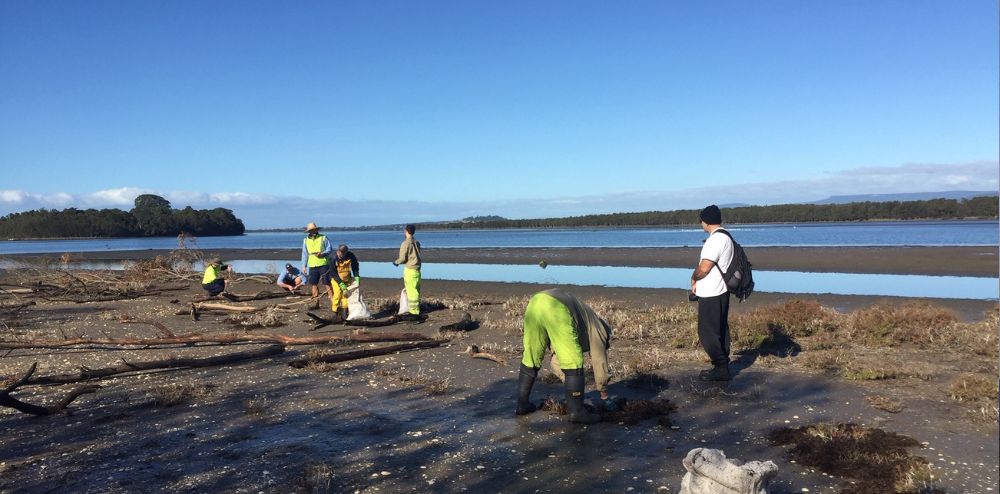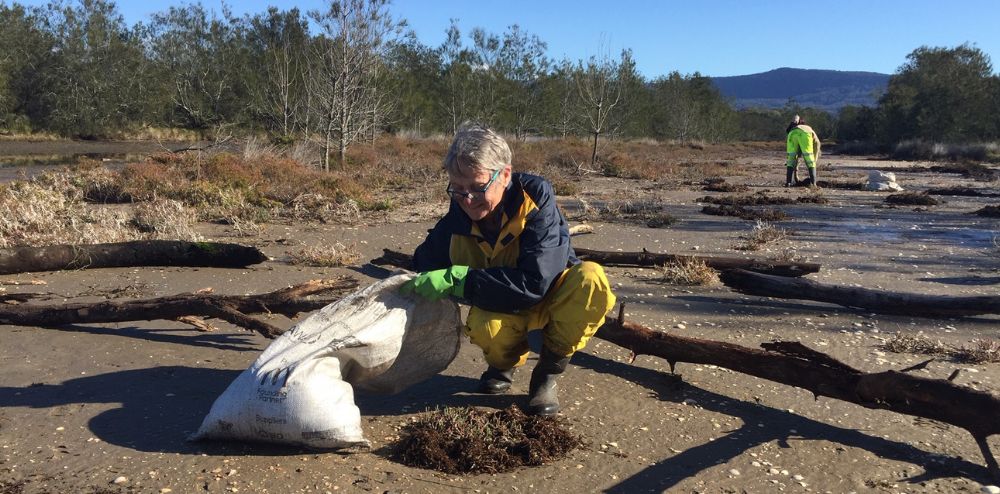Fast five: World Wetlands Day
We’re celebrating what nature lovers regard as mother nature’s secret weapon, wetlands!
Today (Friday 2 February) is World Wetlands Day. The day commemorates the signing of the Convention on Wetlands of International Importance, a global pact recognising the numerous ways wetland ecosystems benefit the health and livelihood of humankind. This year’s theme is ‘wetlands and human wellbeing’.
Wetlands are plant-filled environments that link land and sea and often support a staggering diversity of unique wildlife and habitats.
These environments are of particular significance to First Nations people, who, for thousands of years, lived harmoniously within these landscapes utilising them as a source of food, tools, weapons, shelter, and medicine. More in Wetlands and Indigenous Values
We have four wetlands in the Illawarra region: Lake Illawarra, Killalea Lagoon, Minnamurra River Estuary and Coomaditchie Lagoon. The wetlands around Lake Illawarra (our local) support a particularly large number of bird species, plants and other organisms and are some of the greatest natural assets along our coastline. Learn more by reading Council’s Illawarra Biodiversity Strategy
Here are five ways wetlands are vital to our health and wellbeing:
- They’re natural purifiers
Wetlands help maintain good water quality and act as large-scale purifiers. They filter runoff from the land and removing pollutants that would otherwise degrade the health of the waterway. - They’re carbon sponges
Wetlands absorb carbon dioxide by building it into the leaf and root systems of plants and burying decaying matter in the watery soil beds beneath. Recent research from the University of Queensland has shown coastal “blue carbon” wetland ecosystems — mangroves, saltmarsh and seagrass — are one of our country’s most promising weapons in the fight against climate change and can absorb more carbon per equivalent area than any forest ecosystem. Interested? See The Blue Carbon Initiative for more. - They provide a wildlife haven
Wetlands are a sanctuary for many threatened species and provide a source of food, shade and shelter for shorebirds. The Lake Illawarra wetlands provide habitat for species such as the Black-necked Stork and the Green and Golden Bellfrog. Wetlands are also critical to the life cycle of many commercial and recreational fish species that use these areas as nursery habitats in their early life stages. - They are nature’s therapy
Wetlands provide a place for people to spend time in nature and connect with the natural world. Lake Illawarra is one of our community’s favourite natural areas. Next time you’re seeking a space to relax and unwind, consider visiting the lake for a bit of natural therapy that improves your mental health and wellbeing. - They are coastal guardians
Wetlands protect coastal shorelines by absorbing forces of wave energy and floods, protecting them from erosion and damage.

What is Council doing to care for our wetland habitats?
In the last 200 years, wetland ecosystems have declined significantly due to human pressures from coastal development, poor land management practices and pollution. As a community, we all have a role to play in conserving and restoring these habitats.
One of the ways Council is caring for our wetlands is through our Lake Illawarra Coastal Management Program. This Program contains a number of actions we are taking to restore and protect wetland habitats across the lake. Working with Landcare and Bushcare community groups and volunteers to regenerate 90 hectares of foreshore and fringing wetland vegetation around the foreshores, including remnants of coastal saltmarsh that fringe the Hooka Creek Wetlands. Read more in the Lake Illawarra Coastal Management Program Snapshot.
Want to help?
You can take an active role in restoring wetlands and other vegetated communities throughout Wollongong by joining a Bushcare group.
Want more Council news?
Visit our News page to find out what's happening in your community, or sign up for e-news.

